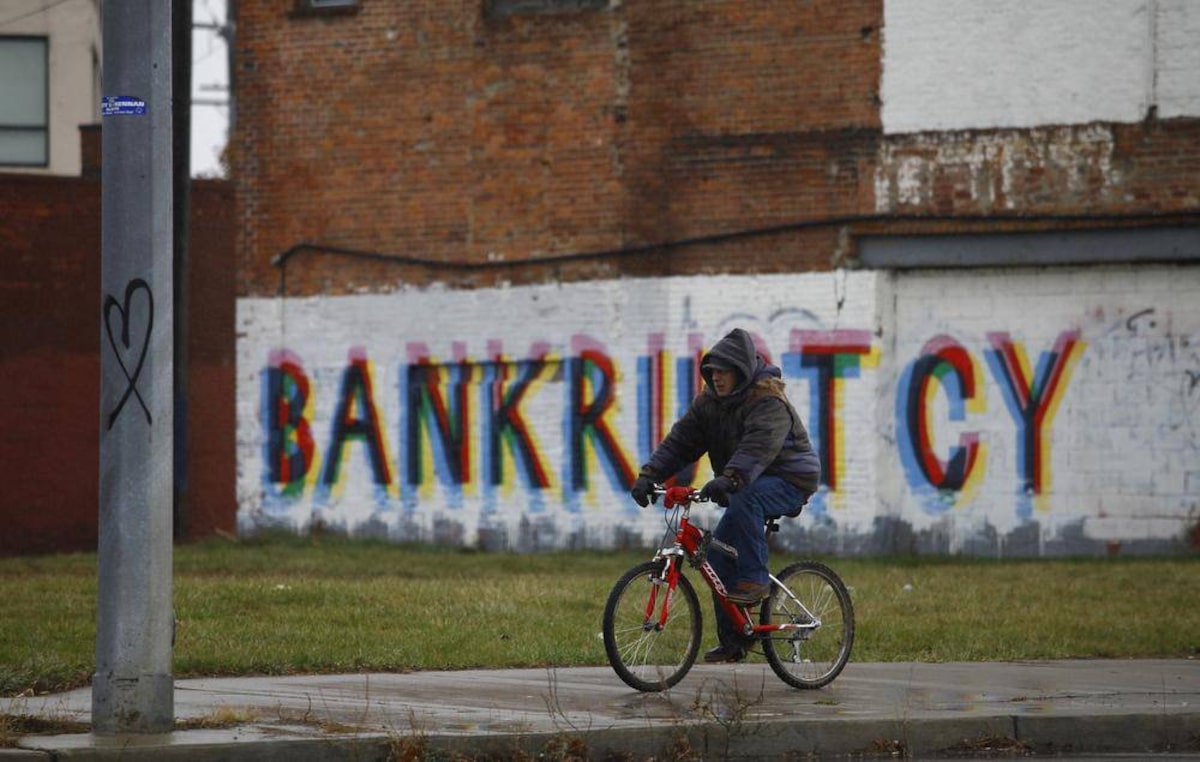Not sure if anybody remembers this article from 2013. It talks about Calgary becoming the next Detroit. Some of it is typical Globe and Mail stuff, trying to put Calgary in a bad light in any way possible, but some of it was legitimate concerns at that time. Interesting to see how the last 10 years have gone. We went through a harsh couple of years with massive layoffs in O&G, things stabilized and have been on a tear since.

 www.theglobeandmail.com
www.theglobeandmail.com
This Canadian city could be the next Detroit
Like the U.S. poster city for decline, much of Calgary’s current growth is built on an industrial base that is at the mercy of fickle consumers
Last edited:




